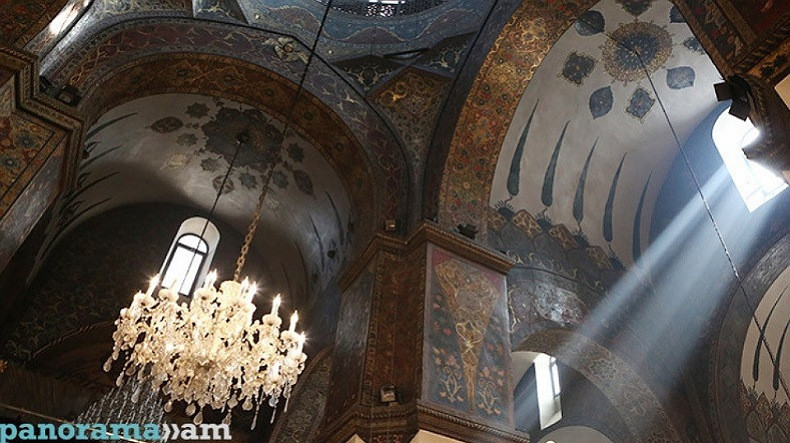
Armenian Church pays tribute to Patriarchs St. Athanasius and St. Cyril of Alexandria
The Armenian Apostolic Church commemorates on Saturday, January 23, Patriarchs St. Athanasius and St. Cyril of Alexandria, Qahana.am reports.
Patriarchs St. Athanasius and St. Cyril are among the most prominent figures of the Universal Church, who devoted their lives to the promulgation of the orthodoxy of Christianity, and the struggle against false conceptions and erroneous teachings.
St. Athanasius (295-373 A.D.) was born in Alexandria, to a Greek Christian family. He received his higher education in the famous Theological School of Alexandria. He was ordained to the diaconate by Patriarch Alexander of Alexandria, and participated in the Ecumenical Council of Nicea in 325, as the Patriarch’s personal secretary. During the council he decisively defeated Arius and his followers who denied the Divine nature of Christ and purported that He was a created being. In his argument St. Athanasius stated the reality of Christ being God and explained the salvation in combining the human nature of Jesus with God, which is possible only through His incarnation. According to the formulation of St. Athanasius, salvation is nothing else but theosis – being adopted by God. Athanasius stated that God became incarnate, “so that sons of mortal men should become sons of God.”
In 328, St. Athanasius became Bishop of Alexandria. He continued to struggle against Arianism and forcefully defended the Nicene Orthodox teaching. Having been subjected to repeated persecutions, he spent 15 of his 47-year episcopal service in exile. His heroic efforts bore fruit, and eight years following his death his teachings were adopted by the Ecumenical Council of Constantinople, in 381. St. Athanasius made very significant contributions to the development of monastic life as well.
Patriarch St. Cyril of Alexandria is one of the brilliant representatives of the Alexandrian Theological School. He was born in 380, and was the nephew of Patriarch Theophilus, whom he succeeded in 412. He struggled against Nestorius, the Patriarch of Constantinople, for the preservation of orthodox teaching. It was for this purpose that Emperor Theodoros II convened the Third Ecumenical Council in Ephesus, in 431. During the Council, Nestorius and his teachings were criticized and condemned, and the formulation of “Theotokos” (Birthgiver to God) was adopted by the Church as it related to St. Mary. The famous phrase of St. Cyril: “The one incarnate nature of God the Word”, has become the cornerstone of the Armenian Church regarding the nature of Christ.
Newsfeed
Videos






























